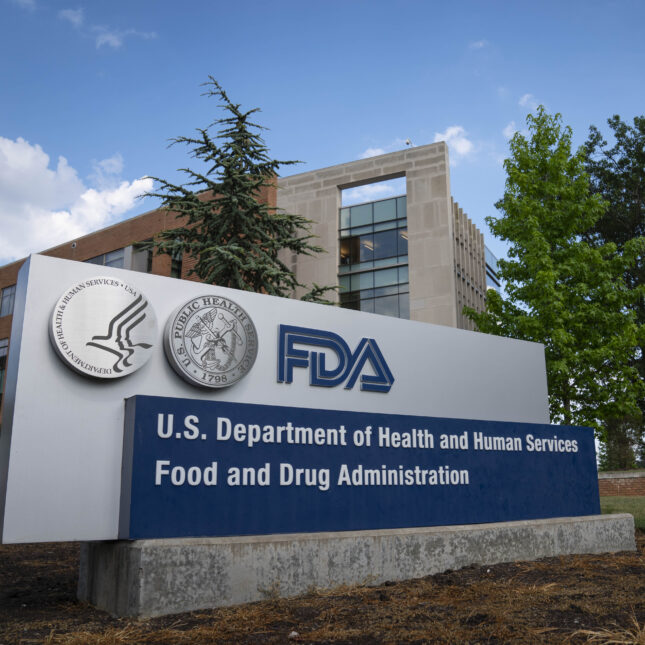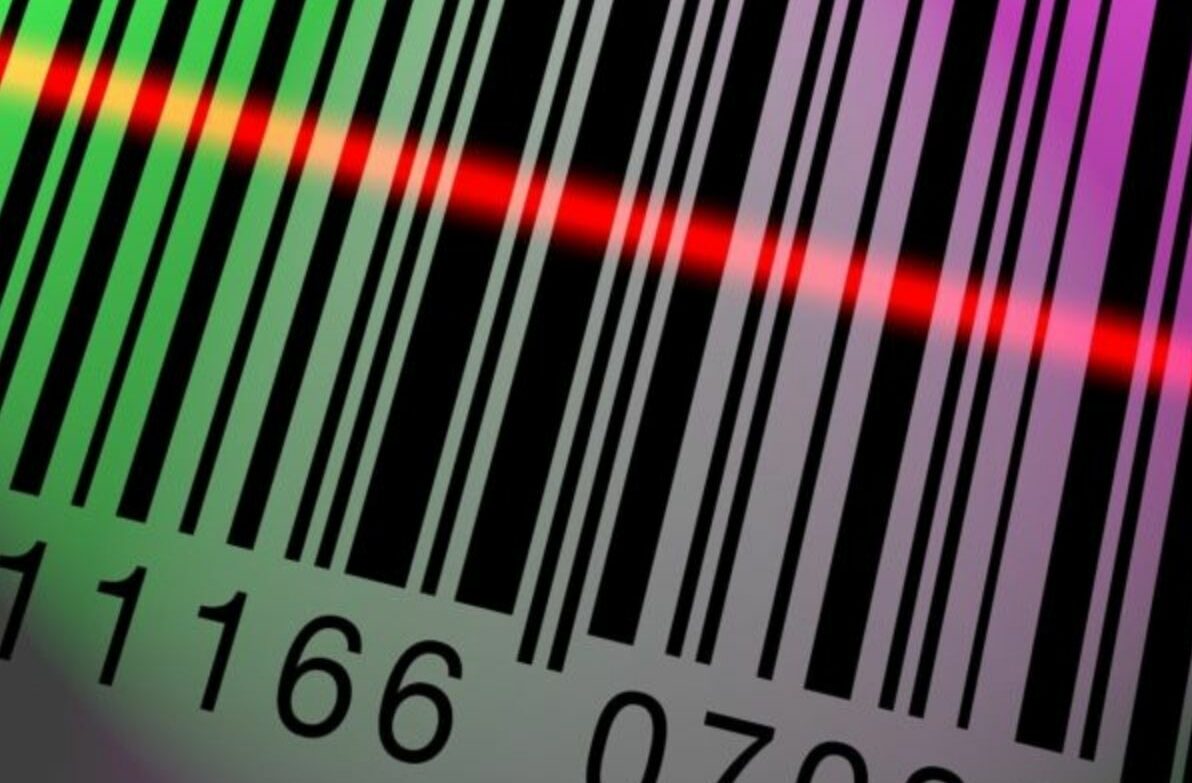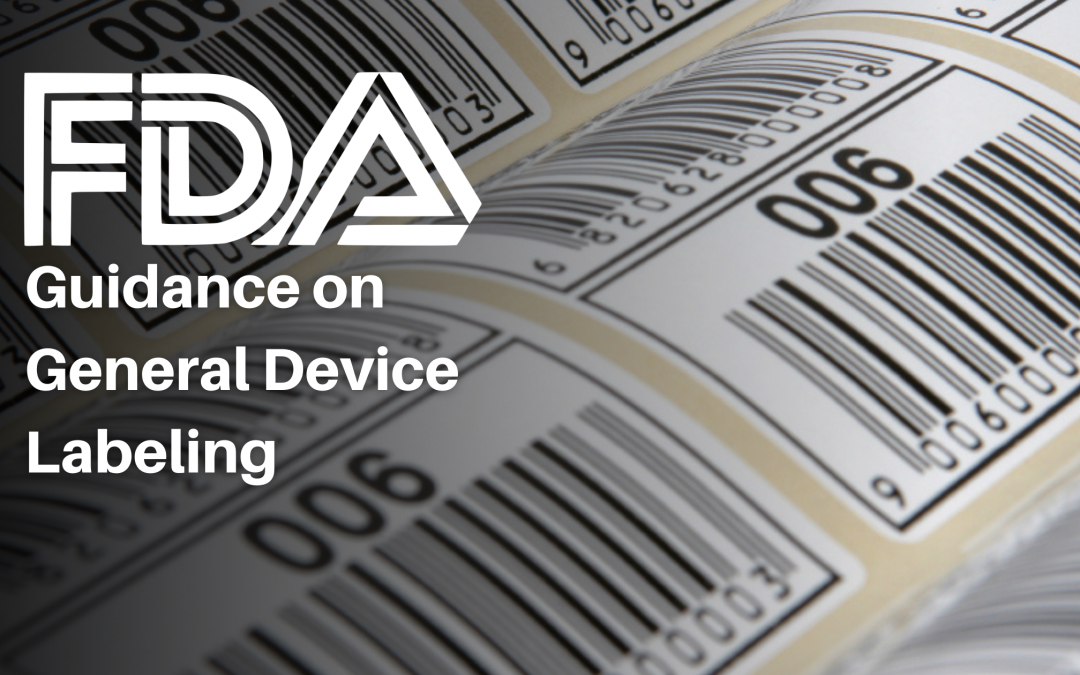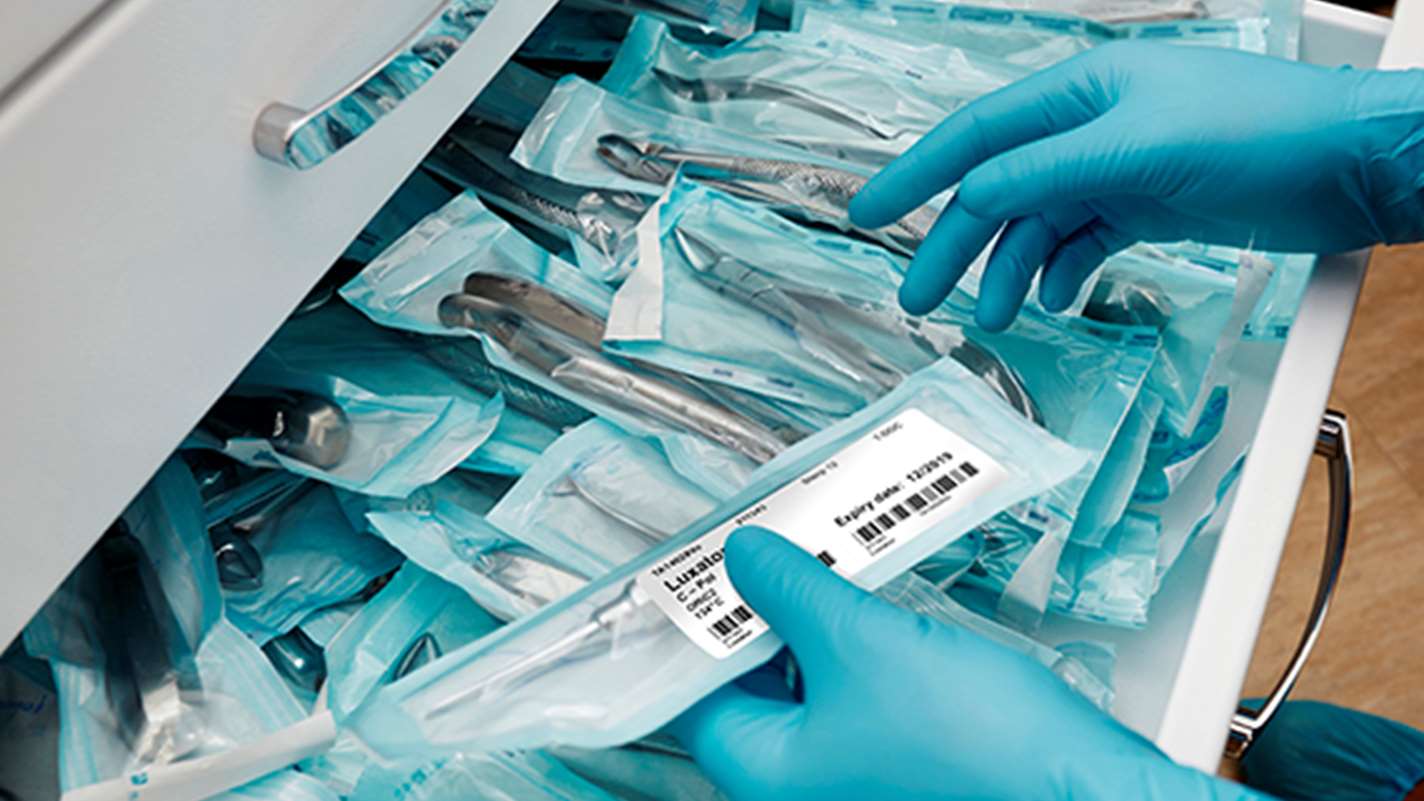The Food and Drug Administration (FDA or the Agency), the country’s regulating authority in the sphere of healthcare products, has developed detailed guidelines dedicated to labeling requirements for various types of medical devices.
The present article supplements the initial one, which provides an overview of the regulatory requirements for labeling for medical devices. In particular, it highlights the main aspects related to the requirements set forth by regulation 21 CFR Part 801, which prescribes the minimum requirements any and all medical devices should meet in order to be approved for marketing and use in the US.

Table of Contents
General Labeling Provisions
First, the label should contain information about the entity responsible for the medical device (medical device manufacturer or distributor). Such information should include the name of the entity and its full address (i.e., street, city, state, and postcode). By default, the information should be related to the manufacturer. Otherwise, the appropriate indication should be added (e.g., “manufactured for” or “distributed by”).
Another important element the label should contain is an indication of the intended use. In this regard, the FDA mentions that if the manufacturer is aware that the product it offers is used for purposes that are beyond the initial intended use, the labeling should be supplemented with the appropriate indication.
In order to ensure the use of a device in a safe and efficient manner, the manufacturer shall also provide “adequate directions for use,” which are directions under which the layman can use a device safely and for the purposes intended. This should include the following elements:
- Statements of all purposes for which and conditions under which the device can be used;
- Quantity of dose for each use and usual quantities for persons of different ages and physical conditions;
- Frequency of administration;
- Duration of application;
- Time of administration in relation to other factors;
- Route or method of application; and
- Any preparation necessary for use.
It is also explicitly prohibited to make any misleading statements with regard to the intended use of the device, its functions, and features, as this will be treated as misbranding.
The information should be provided in a way that makes it easy for the person using the device to access it unless the device lacks sufficient space due to its design features. For any and all medical devices intended to be marketed in the US, the information should be provided in English.
Labeling Requirements for Over-the-Counter Devices
Apart from the general requirements described above, the guidance also outlines the most important points related to the labeling requirements for over-the-counter (OTC, non-prescription) medical devices.
In this regard, the authority employs the concept of a principal display panel, which is that portion of the label which is intended to be displayed, presented, shown, or examined under customary conditions for retail sales.
According to the guidance, the principal display panel shall contain a statement of identity, including the name of the device, its principal intended action(s), and indications for use. Such a statement should be printed in bold type and placed horizontally with regard to the package itself.
Additionally, the label of an OTC device supplied in a package should provide information about the quantity (e.g., weight, measure, numerical count, or a combination thereof). Such information should appear separately and be clearly visible.
Exemptions From Adequate Directions for Use
The present FDA guidance also provides clarifications regarding certain specific labeling requirements, such as:
- In the case of prescription devices, the labeling shall contain the indication stating that the product should be used by a healthcare professional. This applies to all medical devices that should not be used by laypersons due to safety reasons.
- If the device is being directly provided by a healthcare professional to the end-user in the course of medical care, it will be sufficient for the labeling to contain information only about the name and address of such a healthcare professional and any cautionary statements that are reasonably necessary to ensure the use of the device in a safe and efficient manner.
- If adequate directions for use are known to laypersons, the requirement to provide such directions on the labeling could be waived.
- The labeling for in vitro diagnostic medical devices is subject to special requirements covered in a separate section of the present FDA guidance.
- If the device is intended to be used solely for manufacturing purposes (e.g., processing, repacking, or manufacturing of another drug or device), it will be sufficient to explicitly indicate this in the labeling, while the requirement to provide directions for use could be waived.
- A similar rule applies for medical devices intended for specific purposes (teaching, law enforcement, research, and analysis), provided such a device is supplied directly to the party that will use it for the aforementioned purposes.
- Any of the exemptions described above should no longer be applied if the device is supplied to customers other than indicated in the appropriate exemption or is used for purposes other than covered by the scope of an exemption.

Other Exemptions
According to the guidance, there are several other exemptions to be applied with regard to packaging and labeling requirements. In particular, in-process devices could be exempted from labeling requirements provided they are being transported from one manufacturing site to another.
In such a case, certain additional conditions should be met, namely:
- Both companies should have the same owner, or
- There is a written agreement between the parties participating in the process, or
- The unsterile devices are being transported to another entity for the purpose of sterilization, provided such devices are labeled as sterile. In such a case, the appropriate written agreement should be in place. Additionally, packaging elements shall contain indications stating that the devices transported are currently non-sterile. A copy of the aforementioned agreement should be provided to the regulating authority upon request.
Labeling Requirements for Specific Devices
For some medical devices, specific labeling requirements should be applied due to the nature of the risks associated with such devices. The FDA states that such specific requirements should be applied for:
- Denture reliners, pads and cushions,
- Denture repair kits,
- Infrared generators (including heating pads),
- Insulin syringes,
- Mechanical massagers and vibrators,
- Steam or turkish bath,
- Ultraviolet generators.
For some medical devices, additional requirements are applicable not only for labels but for all information and documentation accompanying such devices when being placed on the market.
In summary, the present FDA guidance outlines the most important aspects related to the general labeling requirements any and all medical devices should meet in order to be allowed for marketing and use in the US. Additionally, the document provides recommendations and clarifications regarding certain device-specific requirements to be applied for some medical devices due to the nature of the risks associated thereto.
Sources:
How Can RegDesk Help?
RegDesk is a next-generation web-based software for medical device and IVD companies. Our cutting-edge platform uses machine learning to provide regulatory intelligence, application preparation, submission, and approvals management globally. Our clients also have access to our network of over 4000 compliance experts worldwide to obtain verification on critical questions. Applications that normally take 6 months to prepare can now be prepared within 6 days using RegDesk Dash(TM). Global expansion has never been this simple.


